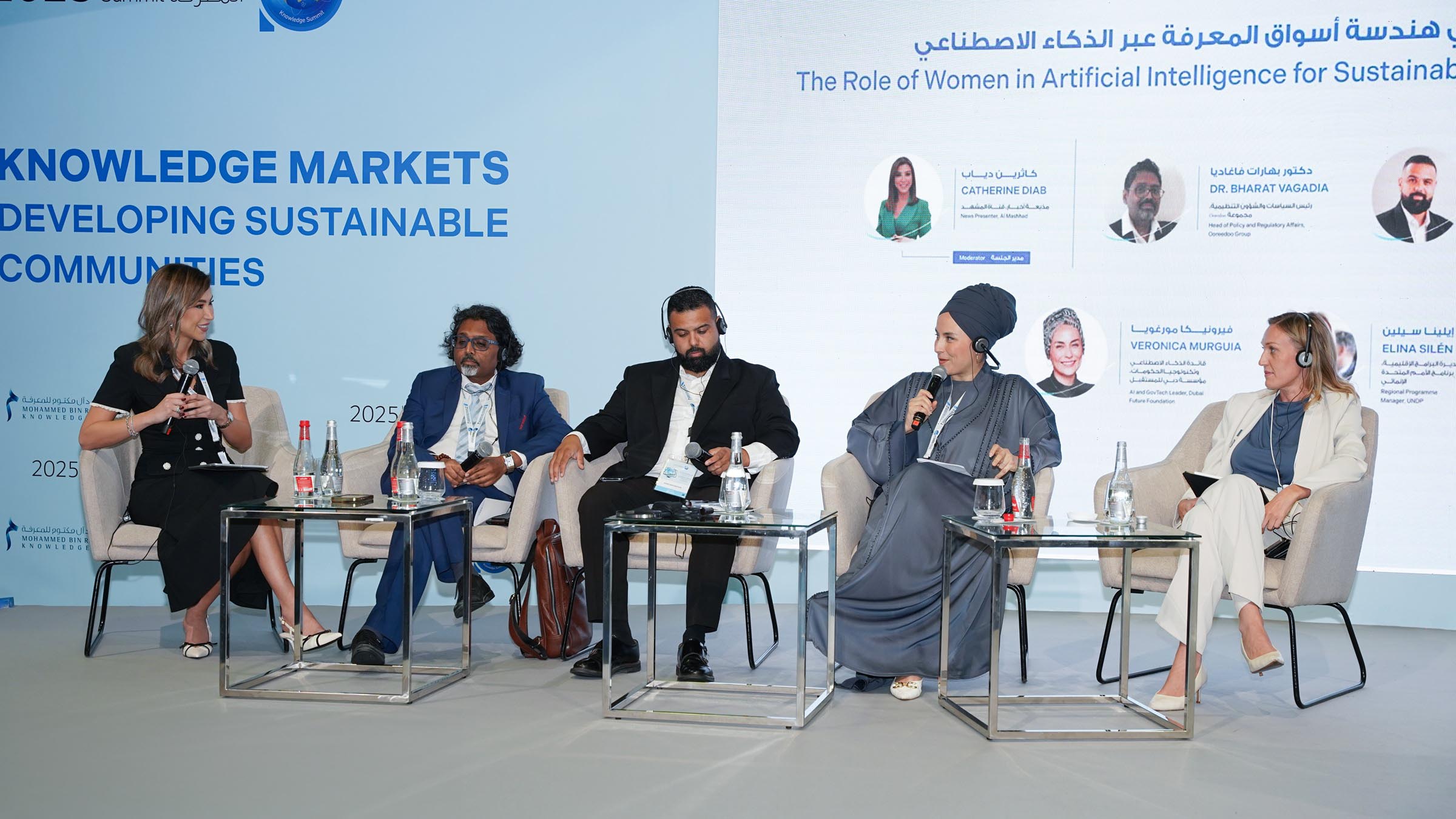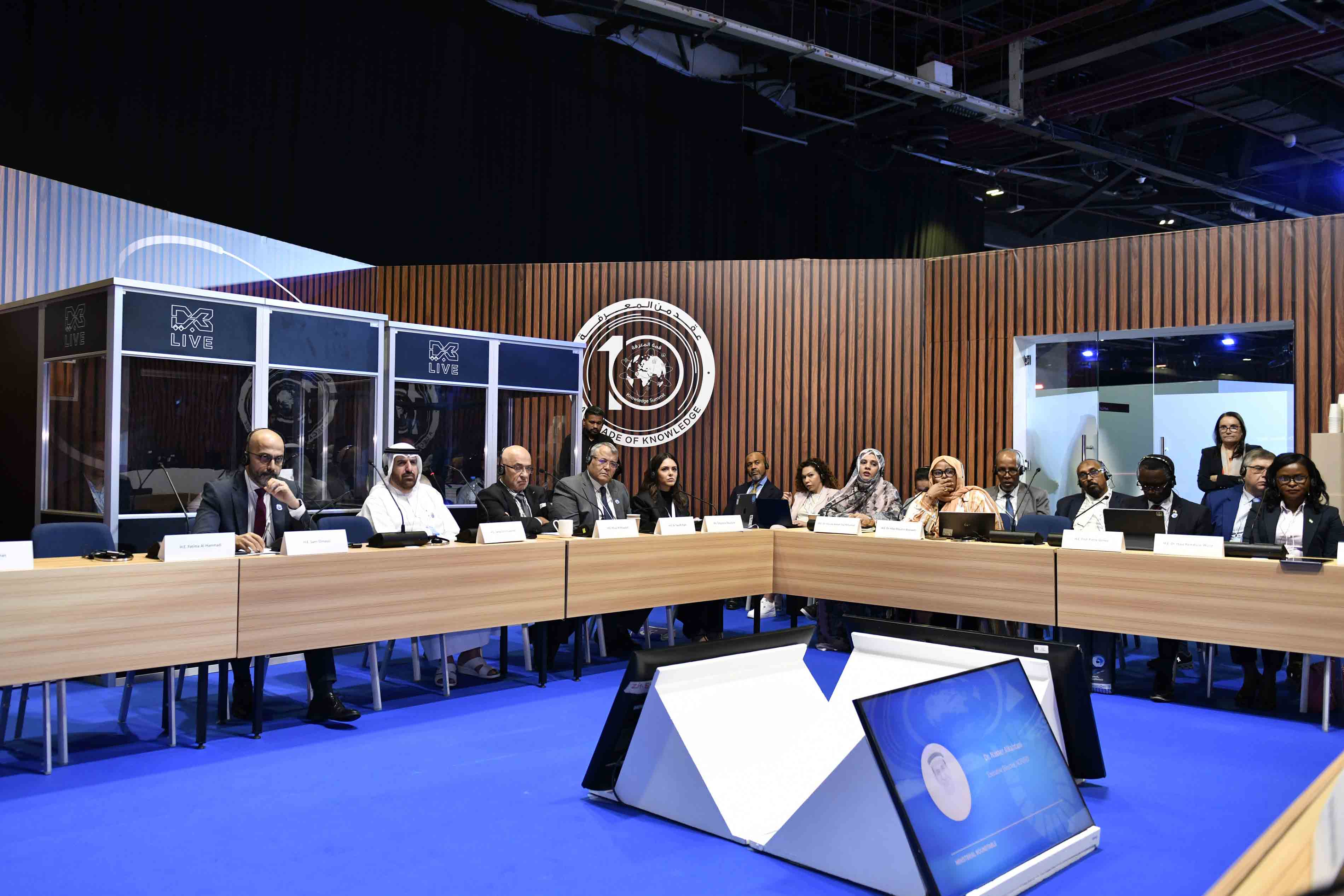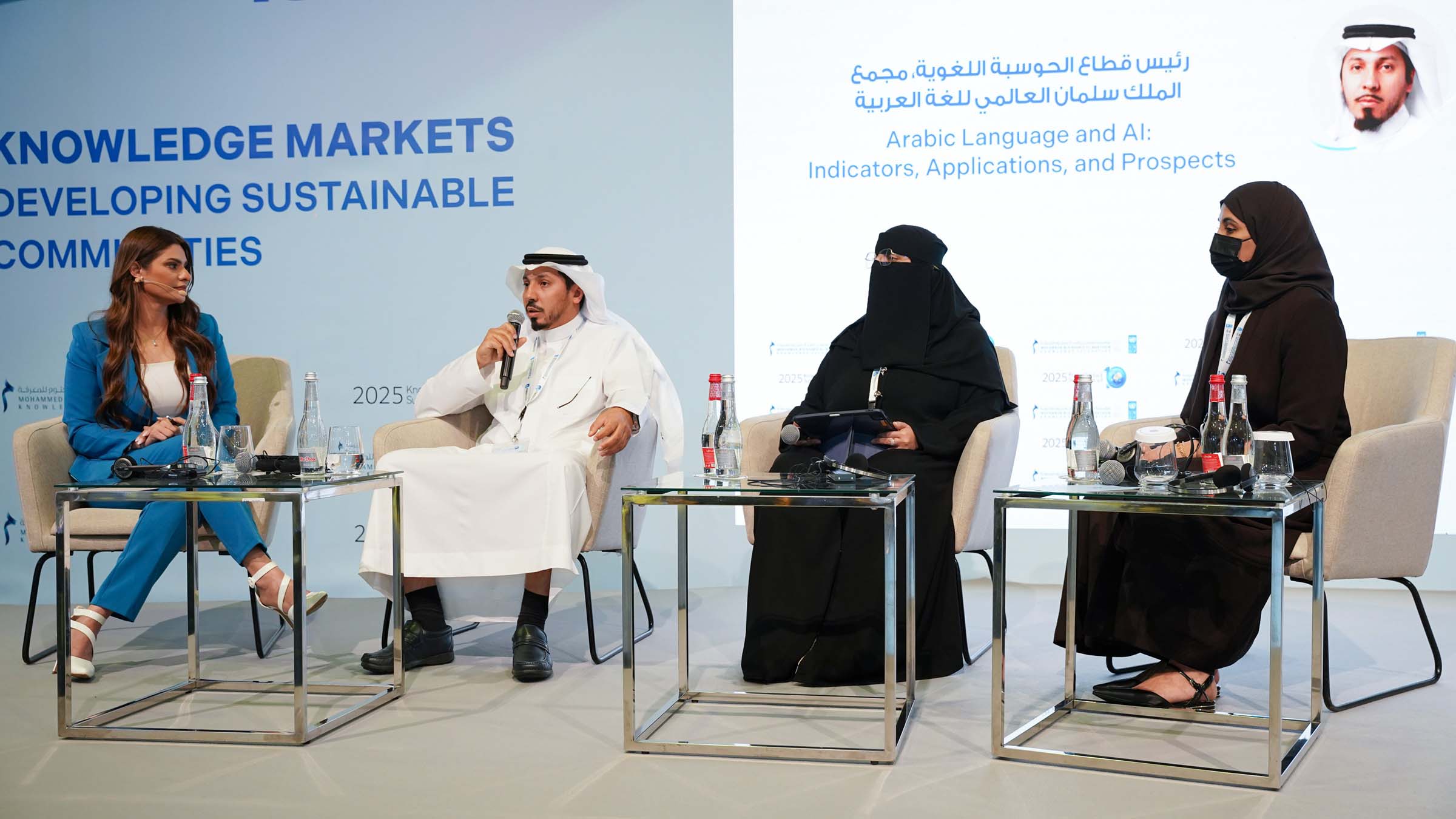Gender parity: A prerequisite for a sustainable knowledge economy

Dubai, UAE, 20 November 2025– Experts in Artificial Intelligence (AI) and digital transformation have reached a strong consensus: closing the gender gap in the technology sector is no longer a choice, but a fundamental necessity for establishing more fair and sustainable knowledge markets.
This urgency is underscored by stark statistics, as global female participation in the technology workforce hovers dangerously low, ranging between 20% and 26%. Speakers at the Knowledge Summit 2025 in Dubai noted today that this disparity is not merely a numbers game; it extends deeply into leadership roles, policy formulation, and critical decision-making processes, making female empowerment central to the future of the digital economy.
The Cost of Exclusion
Dr. Bharat Vagadia, Head of Policy and Regulatory Affairs at Ooredoo Group, highlighted the severe imbalance currently characterizing the sector. He pointed out that women represent only 2% to 22% of the total technology workforce, revealing a deep systemic disparity in career pathways.
Worse still, women are disproportionately vulnerable to the displacement caused by rapidly advancing AI. Dr. Vagadia warned that approximately 69% of the jobs most exposed to change, particularly administrative and clerical positions, are currently held by women.
Equality through Genuine Participation
Alexis Jean-Baptiste, an AI Affairs Consultant, stressed that effective digital transformation within institutions hinges on genuine female involvement in the decision-making pipeline.
“Equality is not achieved through token representation,” he asserted, “but by granting women a real position in shaping future directions.”
He linked this directly to effective skills allocation and digital upskilling, noting that the correct utilization of data and the development of female competencies are key to narrowing the gender gap, leading to higher institutional quality and more accurate, data-driven decisions.
The Accountability Imperative
Elena Selin, Regional Programme Manager at the United Nations Development Programme (UNDP), emphasized that digital transformation blueprints must be rooted in the UNDP's three core principles: Consultation, Participation, and Accountability.
Selin stressed that women’s engagement in technology must be “active” and extend into leadership, policy-making, and strategic formulation, and not to be only confined to the role of the end-user. From the UNDP's perspective, female participation is an essential prerequisite for inclusion, driving more informed policy and greater institutional accountability.
The UAE as a Model for Innovation
Offering a note of optimism, Veronica Murguia, AI and IT Leader at the Dubai Future Foundation, argued that AI’s accelerated evolution presents a real opportunity for women who possess the sustainable skills needed to lead future transitions.
Murguia affirmed the pivotal role women can play in creating social stability, making their empowerment in leadership an essential requirement. She specifically praised the UAE government’s clear efforts to place women at the forefront of the leadership landscape, from the highest levels of government to the institutional base.
“What is happening today in the UAE is an inspiring model for supporting women in technology,” she said, stressing that institutional flexibility and wise policies are vital to placing women at the heart of the innovation scene.
-End-










